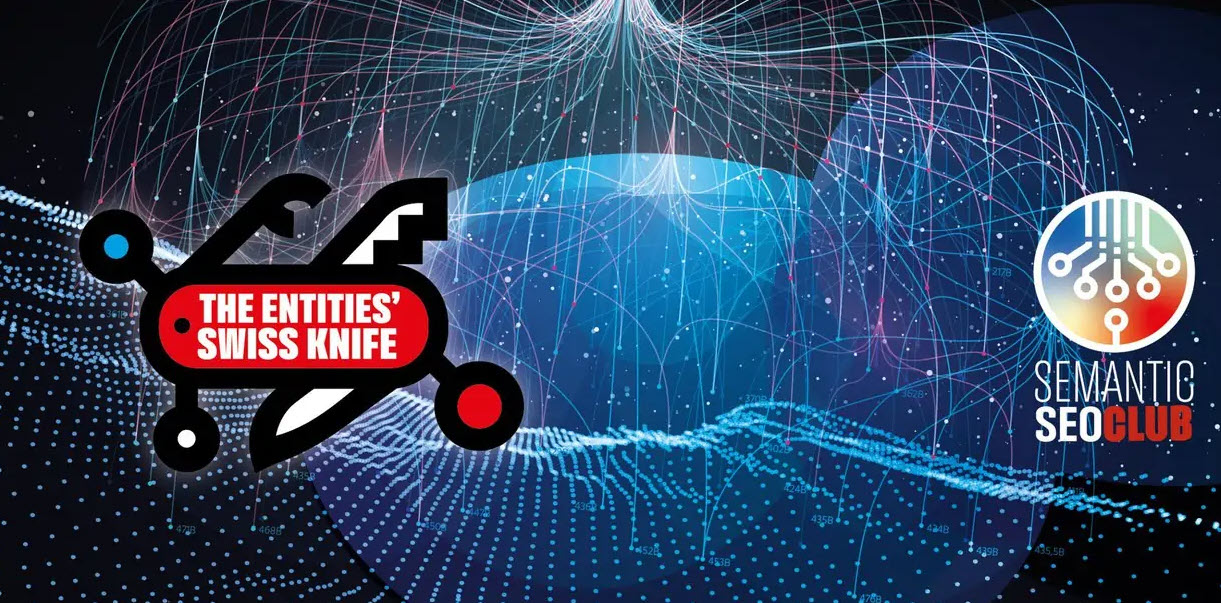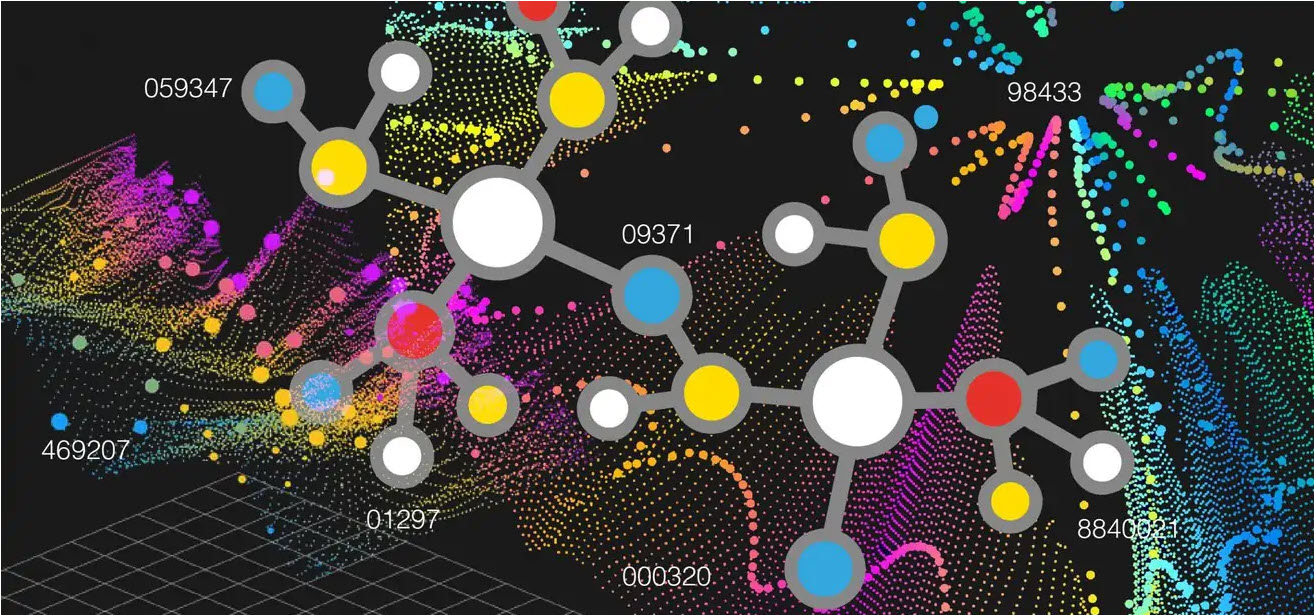
Structured Data
It is a remarkable method (let me recognize on Twitter or LinkedIn if you would certainly like me to cover it or make an impromptu video) that allows you to design a website and also develop its web content for an extensive therapy of a subject to get topical authority.


